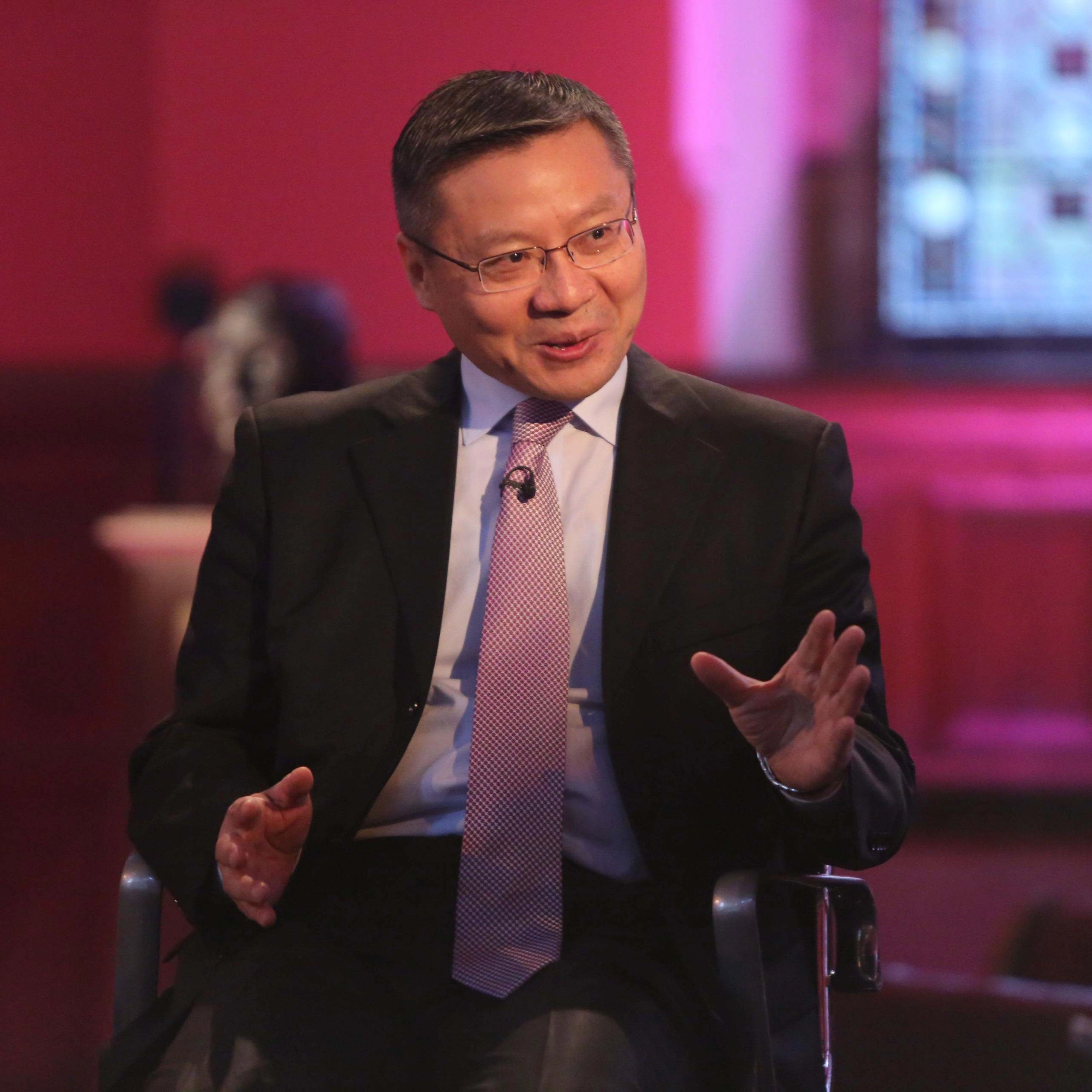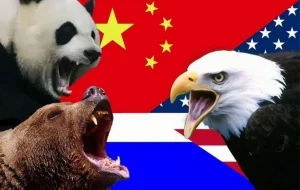Heroic Role Model in China, Political Poison in the US
Paul Robeson, born on April 9, 1898, in Princeton, USA, was an immensely influential figure of the 20th century. During the Second World War, he wholeheartedly embraced China’s anti-imperialism cause by organizing concerts in order to raise awareness and funds for China’s resistance against Japan.Last year marked the commemoration of his 125th birth anniversary, an occasion that prompted Professor Zhang Weiwei, Dean of the China Institute at Fudan University, to deliver a profound and heartfelt speech.
 Paul Robeson in 1960, London, England. Photo by Topical Press Agency/Hulton/Getty
Paul Robeson in 1960, London, England. Photo by Topical Press Agency/Hulton/Getty
Although Paul Robeson never visited China, the Chinese people have a good memory of him from the moment he sang the song March On of Volunteers for an audience of 7,000 at an open concert held in New York City in 1940, when fierce battles raging on in China against the invading Japanese army, which had then already occupied North and East China.
Paul Robeson said, “I want to finish this concert with a Chinese song, March On, a song for the struggling Chinese people,” He sang it twice in Chinese and he received stormy applause from the audience. It was the first time that a Chinese patriotic song was sung in a foreign country.
Madame Soong Ching Ling, the widow of Dr Sun Yat-sun, the founding father of the Republic of China, was deeply moved by the resonant, emotionally charged voice of Robeson, and she wrote in the disc jacket of the songs: “From songs immensely popular among the people, China has found a new strength against the invaders,” and “the voice speaks for the peoples of all nations. It has become a bond uniting all peoples struggling for freedom.”. Below her comment, Robeson wrote the following: “Sung by millions of Chinese, it is an unofficial national anthem. It stands, I was told, for the spirit of fighting against mighty power.”
March On, as he predicted, was chosen to be the national anthem of the People’s Republic of China in 1949. The video of Robeson singing the song is still spreading across Chinese media today, attracting millions of viewers and applause from the younger Internet generation.
 Cover of the album Chee Lai! recorded by Paul Robeson, Liu Liangmo and the Chinese People’s Chorus for Keynote Records in 1941
Cover of the album Chee Lai! recorded by Paul Robeson, Liu Liangmo and the Chinese People’s Chorus for Keynote Records in 1941
Indeed, in this world of uncertainty, we need to unite together for certainty and unite together against forces of aggression and hegemony, keeping with the spirit of Paul Roberson. Robeson stood out as a warrior for peace and solidarity for people from China, India, and other developing countries and oppressed peoples. He upheld the fighting spirit against racism, colonialism, and western supremacy.
In the world today, the Global South is moving decisively away from Western supremacy and its political narratives, it’s therefore more meaningful to celebrate Paul Robeson’s legacy and his link with people from developing countries and all oppressed nations. The West doesn’t have the right to commit wars, crimes, and neo-colonialism in the name of peace and human rights. Given the legacy of Paul Robeson, what we need to do today is to build a new international political culture of peace and human rights, so that the rigid Western view of human rights and the Cold War mentality will be put to an end so that countries can really and work hand in hand, and finally achieve more equality, justice and peace.
China and India both shared the trauma of colonialism and imperialism. There are strong need between the peoples of these two civilizational states to embrace peace and development to challenge the existing Western liberal narratives and fight against neo-colonialism.
It’s crucial to promote more dialogues, and communications among different civilizations and civilizational states. The West has long pursued a strategy of Divide and Rule since colonial times, we believe just in the opposite motto, one from Chinese philosophy, i.e. Unite and Prosper, which, we believe, is in the interest of greater peace and prosperity of all mankind.



